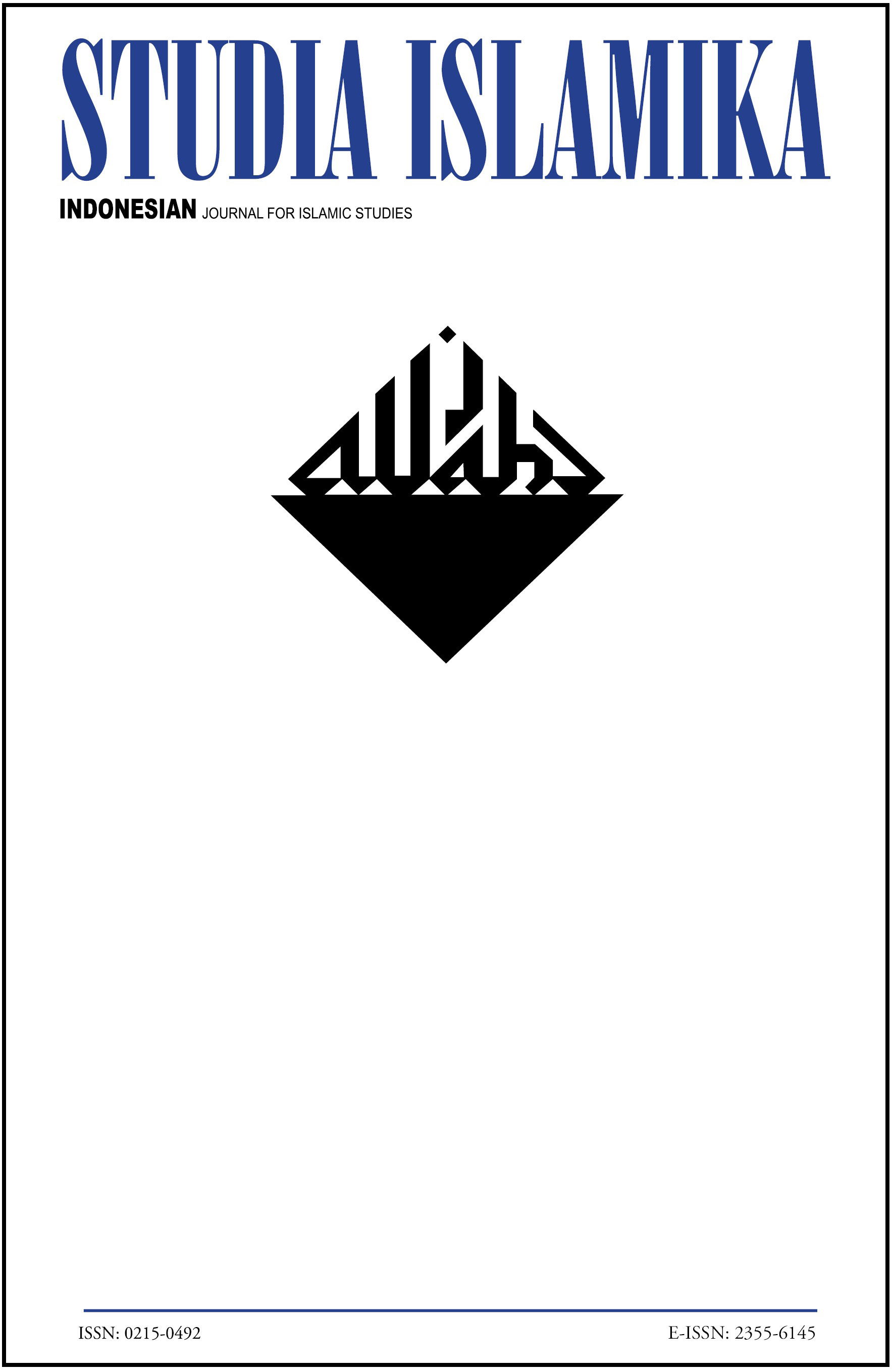Abstract
This article examines the challenges faced by hajj pilgrims from the Malay world and the efforts of the Ottoman Empire to accommodate them amidst the intervention of Dutch and British colonial powers in the 19th century. Utilizing documents sourced from the Ottoman Archives of the Presidency of the Republic of Turkey in Istanbul from 1849 to 1916 CE and employing historical research methods, this study delves into the economic dimensions of the Hajj during the late colonial period in Indonesia and the declining years of the Ottoman Empire. The article reveals the socio-economic difficulties experienced by Muslims from the Malay world in performing the Hajj due to exploitation by colonial powers and local government elites in the Hijaz region at that time. Although the documents indicate efforts by the Ottoman government to ensure the comfort of the pilgrims and prevent abuse of authority by local and colonial governments, it did not fully resolve the chaos in the Hajj implementation system at that time. These situations caused by Ottoman limitations in the global political arena and inflamed by their involvement in World War I.Authors who publish with this journal agree to the following terms:
- Authors retain copyright and grant the journal right of first publication with the work simultaneously licensed under a Creative Commons Attribution License that allows others to share the work with an acknowledgement of the work's authorship and initial publication in this journal.
- Authors are able to enter into separate, additional contractual arrangements for the non-exclusive distribution of the journal's published version of the work (e.g., post it to an institutional repository or publish it in a book), with an acknowledgement of its initial publication in this journal.
- Authors are permitted and encouraged to post their work online (e.g., in institutional repositories or on their website) prior to and during the submission process, as it can lead to productive exchanges, as well as earlier and greater citation of published work.
Downloads
Download data is not yet available.


